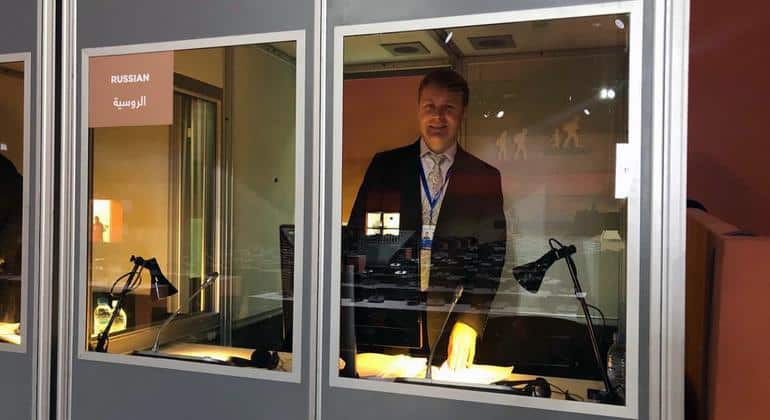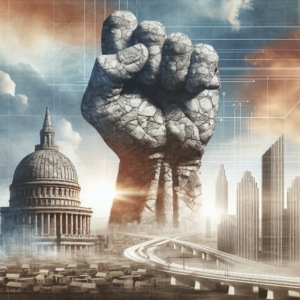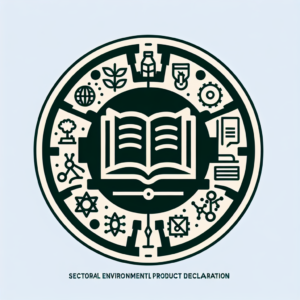Here’s the translation of the text into American English:
—
The UN is preparing for a high-level week starting September 22, bringing together around 150 heads of state and government from various nations. In this crucial event, interpreters play an essential role by facilitating communication in multiple languages, allowing global leaders to understand each other in real time. However, the nature of the meetings presents unprecedented challenges, as many delegations do not share their speeches beforehand, forcing interpreters to rely on improvisation.
Anna Kadysheva, an English booth interpreter, and Sergei Gogin, a Russian booth interpreter, shared their thoughts on the preparation needed for this event. Kadysheva emphasized the importance of staying informed about international events and understanding the overarching context of the speeches. “Even though we review the list of speakers, schedules can change. That’s why we closely follow what is happening in different countries and listen to some leaders to become familiar with their speaking style,” she explained.
For his part, Gogin stressed that each interpreter must have a broad knowledge of current affairs. “It’s essential to be informed about what is happening in the world,” he stated.
Technology also impacts the interpreting work. Despite concerns about artificial intelligence regarding the future of this profession, UN interpreters maintain an optimistic outlook. Kadysheva noted that in such a critical environment as the UN, where every word is crucial, a human interpreter is irreplaceable. Artificial intelligence can assist by generating glossaries on complex topics, which becomes a useful tool that allows them to focus on the interpretation itself.
Both interpreters agreed that AI cannot replace humans, especially in situations that require a nuanced understanding of language, such as wordplay or irony. “The future will be a symbiosis between humans and machines,” Gogin asserted.
Additionally, they mentioned that technology has made their work easier, especially when speakers suddenly change speeches and topics. “When there are no texts available, AI can be a valuable resource for obtaining crucial information about a Member State’s position on certain issues,” Kadysheva added, emphasizing the value of every second in their work.
In this era of technological advancements and constant changes in global communication, the role of interpreters remains fundamental in fostering efficient and fruitful dialogues between nations, ensuring that the voices of world leaders are heard and understood.
via: MiMub in Spanish











